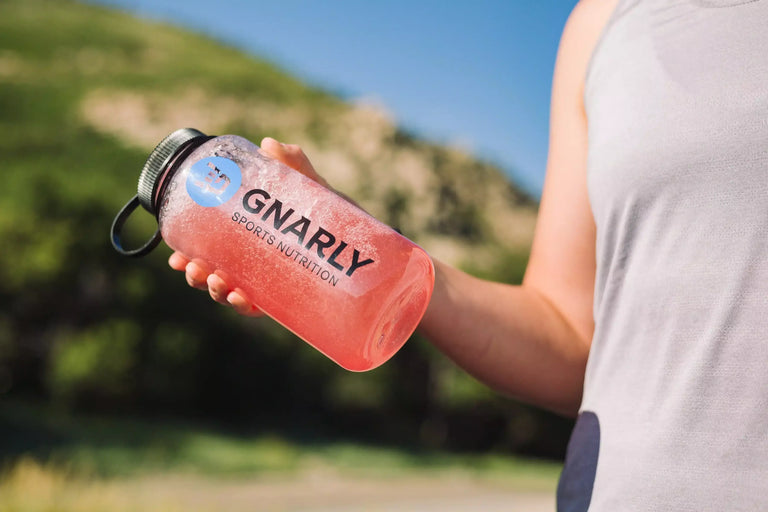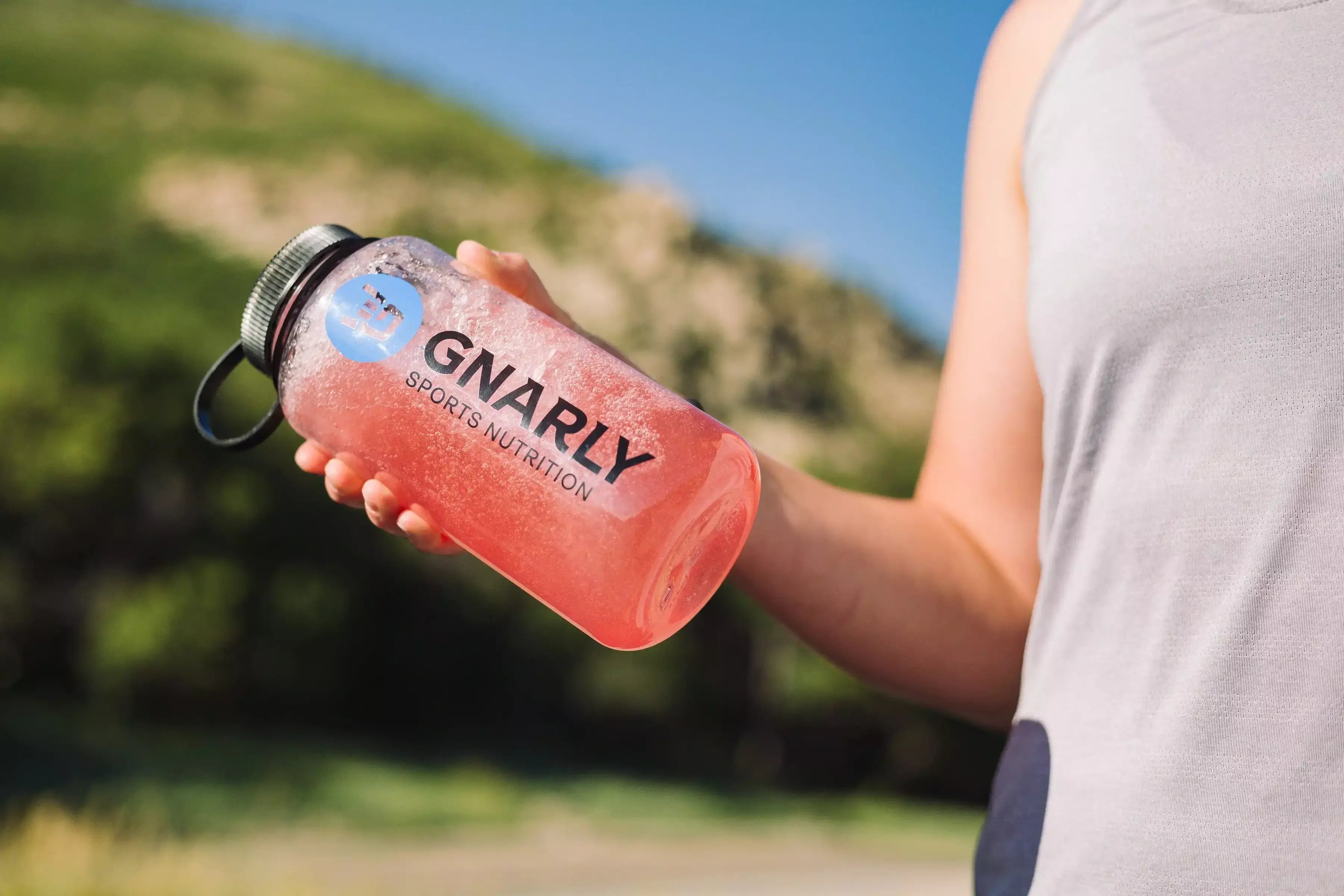Hydration is indeed crucial for good health, but it's important to understand that water alone is not the sole requirement for staying properly hydrated. Here's why:
Staying hydrated goes beyond just consuming water: While water is crucial for hydration, it's important to remember that your body also relies on electrolytes, such as sodium, potassium, and magnesium, to maintain a proper fluid balance. These essential minerals play a significant role in regulating hydration levels, supporting muscle function, and facilitating nerve impulses. Sweating excessively without replenishing electrolytes can lead to an imbalance, making it essential to consider more than just water intake. So, it's crucial to be mindful of your electrolyte levels, particularly when engaging in activities that cause excessive sweating, as relying solely on water throughout the day may not suffice in these situations.
Electrolytes play a crucial role in maintaining proper fluid balance and overall bodily function. These essential minerals, including sodium, potassium, and magnesium, act as charged particles that conduct electrical impulses throughout the body. Sodium, for instance, aids in fluid retention, nerve signaling, and muscle contractions, while potassium contributes to heart function and cellular activities. Magnesium is involved in more than 300 biochemical reactions, supporting muscle and nerve function, as well as bone health. Together, these electrolytes help regulate hydration levels, ensuring that cells receive the right amount of water and nutrients.
So, how much water should you drink? The answer varies depending on factors such as your activity level, climate, and health status. While a common guideline is to drink eight 8-ounce glasses of water per day (the 8x8 rule), individual requirements can differ. For instance, if you engage in physical activity or live in a hot climate, you may need to increase your water and electrolyte intake.
Although determining the amount of water to drink on a daily basis sounds simple enough, it’s actually pretty complicated. The easiest and most approachable strategy we found uses something called the WUT model. The WUT model is based on self-monitoring of day-to-day hydration changes and can be represented using the Venn Diagram decision tool below (Figure 1). It combines three simple markers of hydration: weight, urine, and thirst (WUT). No marker by itself provides enough evidence of dehydration, but the combination of any two means dehydration is likely and the presence of all three makes dehydration very likely.

Figure 1: WUT Diagram
Is water enough on its own? To ensure proper hydration and electrolyte balance, it's also beneficial to consume fluids that contain electrolytes, especially when engaging in activities that lead to significant fluid and electrolyte loss, such as intense exercise or sweating. Sports drinks are examples of beverages that provide electrolytes and can help replenish what you lose through sweating. Although the amount of electrolytes a given person loses in sweat varies greatly, we know that all people lose the electrolyte sodium in the greatest amounts and thus looking for sport drinks, like Gnarly Hydrate or Fuel2O, that prioritize sodium replenishment is key to proper hydration and performance.
But the sugar?! Although many people are concerned about sugar intake, when water is consumed with electrolytes and a small amount of sugar, water is both passively and actively transported from our GI system into our bodies, resulting in more efficient hydration of our tissues. With so many hydration products touting that they are ‘sugar free,’ it’s kind of comical that adding a little bit of sugar to them would actually make them better products! This is why Gnarly Hydrate is formulated with 4g of sugar per serving, not enough to serve as a caloric replacement, but the sweet spot for optimally hydrating our bodies.
In summary, while hydration is essential for good health, it's crucial to strike a balance and not rely solely on water for hydration. Ensure you're replenishing both water and electrolytes (and possibly a small amount of sugar) according to your individual needs, and consult with your doctor or dietician for personalized guidance.
References:
Cheuvront, Samuel & Sawka, Michael. (2005). Sports Science Exchange 97 VOLUME 18 (2005) Number 2 Hydration Assessment of Athletes. Sports Sci Exchange. 18.
Gisolfi, C. V., Summers, R. W., Schedl, H. P., & Bleiler, T. L. (1992). Intestinal water absorption from select carbohydrate solutions in humans. J Appl Physiol, 73(5), 2142-2150.
Gisolfi, C. V., Lambert, G. P., & Summers, R. W. (2001). Intestinal fluid absorption during exercise: role of sport drink osmolality and [Na+]. Med Sci Sports Exerc, 33(6), 907-915.
Montain, S. J. (2008). Hydration recommendations for sport 2008. Current sports medicine reports, 7(4), 187-192.



